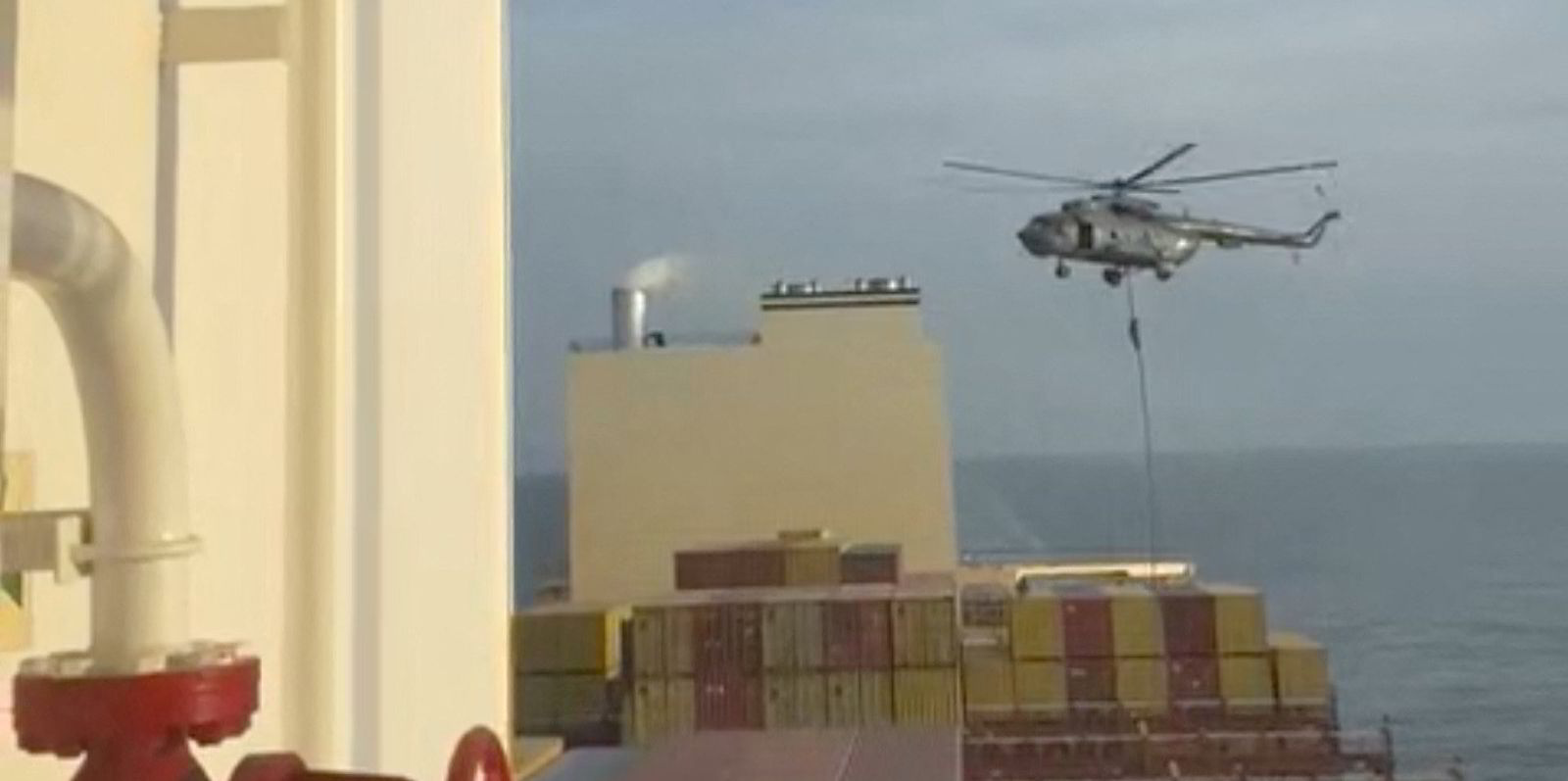New planned US laws will target the Iranian oil trade to China with closer scrutiny of ships, ports, refineries and insurers.
The US House of Representatives agreed on the tougher line against Iranian shipments as it voted in a $61bn package of measures to support Ukraine in its war against Russia.
The measures demand visa and property-blocking sanctions against “foreign persons” that own or operate ships, ports and refineries that “knowingly” receive Iranian oil, including through ship-to-ship (STS) transfers.
The proposals, which will be voted on in the Senate this week, also demand an annual report detailing the scale of the Iranian oil trade.
They also call on the administration to identify ways to strengthen sanctions.
The report would include details on vessels involved in the trade, STS transfers of Iranian oil, ships linked to “flag hopping” and ways to deter insurers from involvement in the trade, according to the bill. Ships targeted by the US would be barred from US ports for two years.
The Senate is expected to pass the measures as early as Tuesday before it is sent to President Joe Biden for signing.
Under the terms of the legislation, he will have the right to waive the tougher sanctions to limit the impact of the measures on trade flows and global oil prices.
Most Iranian oil is shipped to China, where it is used by small private “teapot” refineries.
Total Iranian exports stood at 1.5m barrels per day in March, close to the highest levels since former US president Donald Trump reimposed sanctions against Iran in 2018.
China — the world’s biggest oil importer — opposes the use of unilateral sanctions and has benefited from buying cut-price crude from sanctioned countries such as Iran, Venezuela and Russia.
Arctic Securities suggested that the latest measures could amount to more “bark than bite”.
Sanctions are already in place against some tankers involved in the trade, and they operate exclusively in sanctioned markets without ever calling into US ports.
“The administration will still retain so-called waiver rights, which means it will have the final say on implementation,” said Ole-Rikard Hammer, senior analyst for oil and tanker markets at Arctic Securities.
“Given that Iran has been steadily able to expand its exports under this administration, the market will likely guess that a new hard-line implementation is unlikely.”
The measures could affect Iranian exports, but only if “implemented and enforced”, said US research group ClearView Energy Partners, according to Reuters.
Read more
- Shipping demands UN bolster military protection after Iran ship snatch
- US sanctions aggression pushes companies to widen compliance scope
- Shipping warned of fresh drone threats following suspected Israeli retaliation against Iran
- UK blacklists Iranian naval force behind Strait of Hormuz container ship seizure
- Suspected spy ship reappears in Iran after months stalking Gulf of Aden





